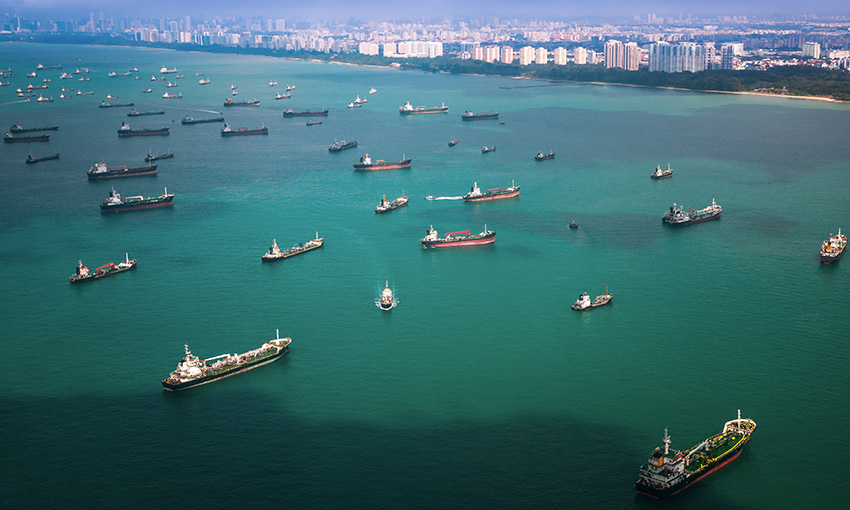CLASSIFICATION society DNV has been selected to lead an ammonia bunkering safety study by the Global Centre for Maritime Decarbonisation (GCMD) in Singapore.
The study aims to define a set of safety guidelines and operational envelopes that will establish the basis of a regulatory sandbox for ammonia bunkering trials at two local sites.
DNV is to team up with Singapore’s leading infrastructure developer Surbana Jurong and the Singapore Maritime Academy (SMA).
DNV’s work scope will comprise ammonia demand forecasting, bunkering site recommendations, the development of conceptual designs of bunkering modes like truck to ship or ship to ship, HAZID/HAZOP/QRA studies, as well as drafting of technical and operational guidelines.
Ammonia is one of the more promising fuels to decarbonise shipping. However, DNV research shows that there are several safety gaps that could disrupt the speed and success of the transition.
DNV Maritime CEO Knut Ørbeck-Nilssen said the safe handling of ammonia is one such gap which urgently needs to be closed, given the threat it poses to seafarers and ships unless properly managed.
“We are therefore thrilled to partner with Surbana Jurong and the Singapore Maritime Academy on this pioneering initiative, which we hope will lay the foundations for robust ammonia bunkering safety guidelines with industry wide applicability”, Mr Ørbeck-Nilssen said.
DNV Maritime regional manager South East Asia, Pacific and India Cristina Saenz de Santa Maria said DNV is well equipped to undertake the study.
“We highly welcome that Singapore as the world’s leading bunkering port is exploring ammonia as a viable ship fuel and are very happy to be selected to contribute to the pilot,” she said.
“Safety is the prerequisite for the successful and timely introduction of new fuels such as ammonia, hence joint research and development, testing and setting standards is crucial at this point.”
According to its recent Maritime Forecast to 2050, DNV expects there will be demonstration projects for onboard use of ammonia by 2025, paving the way for zero-carbon ships ready for commercial use by 2030. While the future fuel mix will be broad, DNV predicts that both ammonia and bio-based methanol are the most promising carbon-neutral fuels in the long run.





